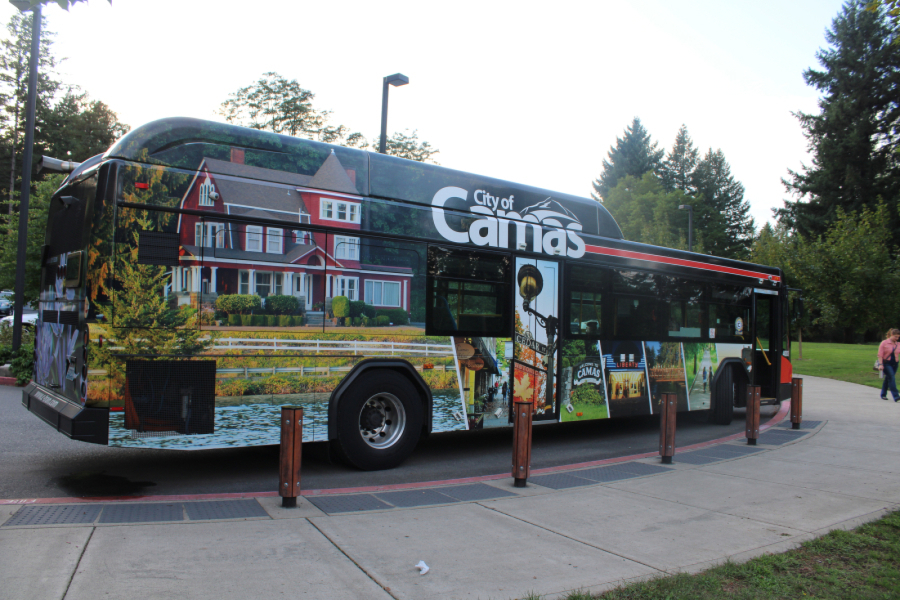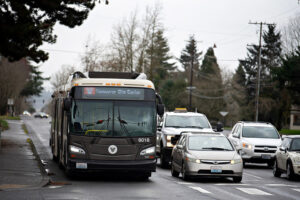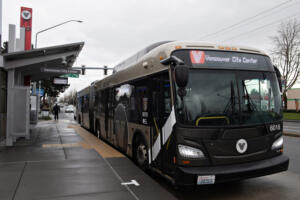Faced with an impasse over what the state requires and what its own advisory group has suggested, C-Tran’s board of directors has agreed to seek a court-ordered solution.
On Tuesday, after meeting privately in executive session for nearly an hour, the board voted unanimously to seek an injunction blocking the state’s requirement that C-Tran’s board substantially reduce its representation of Clark County’s small cities.
C-Tran’s current board includes three seats representing the city of Vancouver, two seats for unincorporated Clark County and four seats for the county’s smaller cities and towns, including Battle Ground, Camas, La Center, Ridgefield, Washougal and Yacolt. The board also includes a nonvoting seat for a labor representative.
The Washington State Department of Transportation has warned C-Tran that its current board configuration is lopsided, giving the small cities — which make up about 18 percent of the transit agency’s service area population — an excessive number of board seats. The transportation agency has said a true population-based board would have four seats for the city of Vancouver, three for unincorporated Clark County and two for the small cities.
The state has given C-Tran until Oct. 1 to come into compliance with its board composition requirements. If the agency does not comply, the state could withhold more than $10 million in annual state funding.





